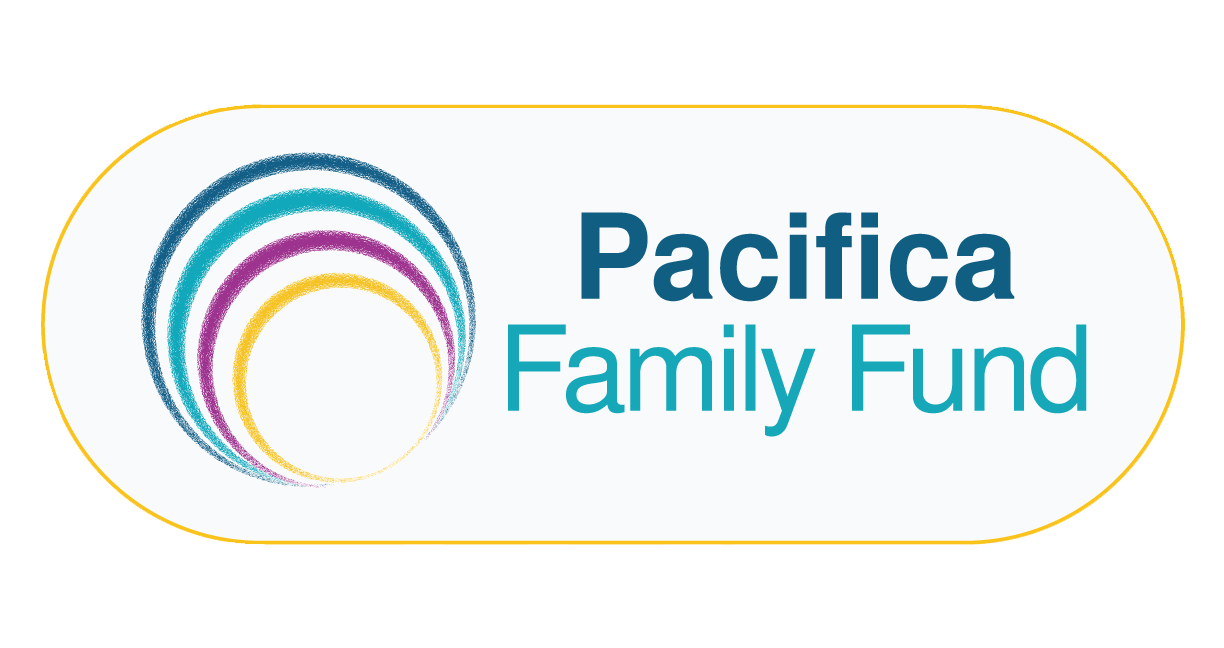Why It Matters
“From the first day of care, we felt heard and respected. The midwives provided unbiased information and education throughout the process which made us feel empowered to make the best choices for our family.”
We believe that it is a human right for people to have safe, individualized, and culturally respectful care during the childbearing cycle. Midwives at Pacifica Family Maternity Center provide this type of care. It is imperative for birth centers and midwifery care to be a viable option for all families, in all communities.
“They care not only about physical health of myself and my baby, but also our mental health and growth.”
There are many reports on how childbearing experiences differ across racial, ethnic and economic groups (see evidence below). We know that receiving evidence-based information on birth outcomes and having the ultimate power to decide where to receive care is especially vital for socially marginalized communities. When our birthing roots are strong, transformative changes can be seen in a family, a community, and ultimately, in our society.
“Unlike my first birth, in the hospital, I didn’t feel like my progress was being judged...but instead my midwives would watch me, listen to me, coach me and they knew where I was in my labor by
witnessing where I was through my breath, my sounds.
When I was laboring, I didn’t just feel like I was surrounded by a room full of health care providers.
I was in a room full of women that believed in me. That believed in my body, in my strength and
in my ability to give birth.”
Reports from the field
Excerpts from How Do Childbearing Experiences Differ Across Racial and Ethnic Groups in the United States? A Listening to Mothers III Data Brief. Childbirth Connection’s Listening to Mothers III surveys were conducted by Harris Interactive and funded by the W.K. Kellogg Foundation.
In identifying major factors in the “choice” of prenatal care provider, 55% of black women, 45% of Hispanic women, and 29% of white women reported that prenatal providers had been assigned to them.
Hispanic women were least likely to rate their maternity care provider as “completely trustworthy” (36% versus just over half of white (51%) and black (52%) women).
About one in five black and Hispanic women report poor treatment from hospital staff due to race, ethnicity, cultural background, or language. Compared with 8% of white mothers, 21% of black mothers and 19% of Hispanic mothers experienced such poor treatment while hospitalized to give birth.
Excerpts from How Do Experiences of Childbearing Women with Medicaid and Private Insurance Compare? A Listening to Mothers III Data Brief. Childbirth Connection’s Listening to Mothers III surveys were conducted by Harris Interactive and funded by the W.K. Kellogg Foundation.
Medicaid-insured women had greater need for basic services in pregnancy and the postpartum period. Medicaid beneficiaries were more likely than women with private insurance to say that during pregnancy they had needed help with food, nutritional counseling, treatment for depression, and smoking cessation.
Medicaid-insured women are less likely to take childbirth education classes and more likely to have unmet need for doula support in labor.
Induction and cesarean section were common, often for reasons that did not reflect best evidence or women’s preferences. Use of induction was more common and access to vaginal birth after cesarean (VBAC) was less common for women covered by Medicaid.
Moms covered by Medicaid experienced breastfeeding-related gaps. Medicaid beneficiaries were less likely to intend to exclusively breastfeed (47% versus 61% of privately insured women), and less likely to be exclusively breastfeeding a week after birth (42% versus 57%).
Excerpts from Racial Disparities in Birth Outcomes and Racial Discrimination as an Independent Risk Factor Affecting Maternal, Infant, and Child Health An Executive Summary of Existing Research by Shandanette Molnar, JD, MPH. This project is sponsored by the International Center for Traditional Childbearing, the International Cesarean Awareness Network, the Midwives Alliance of North America, and Elephant Circle.
Despite widespread calls to reduce the infant mortality, preterm birth, and low birthweight rates in the United States, racial disparities in birth outcomes persist, with African-American infants remaining the most vulnerable.
Racial discrimination serves as a major source of stress for African-American women, and data suggests that the physiological responses to chronic stress may explain the persistent racial disparities in birth outcomes.
Given institutional mistrust and inequities in healthcare access, policymakers and key stakeholders must increase the accessibility of healthcare to populations of color and other marginalized groups.
Additionally, “Trust . . . is the basis of quality clinical care,” and careful attention must be paid to improve provider-patient relationships, repair institutional mistrust, and focus on patient- or client-centered care. Recent research released by Childbirth Connection names disrespectful maternity care as a source of stress during pregnancy. This factor combined with the insidious nature of internalized racism negatively affects healthcare delivery and demonstrates the need for improving access to safe, respectful, supportive, and evidence-based maternity care.


